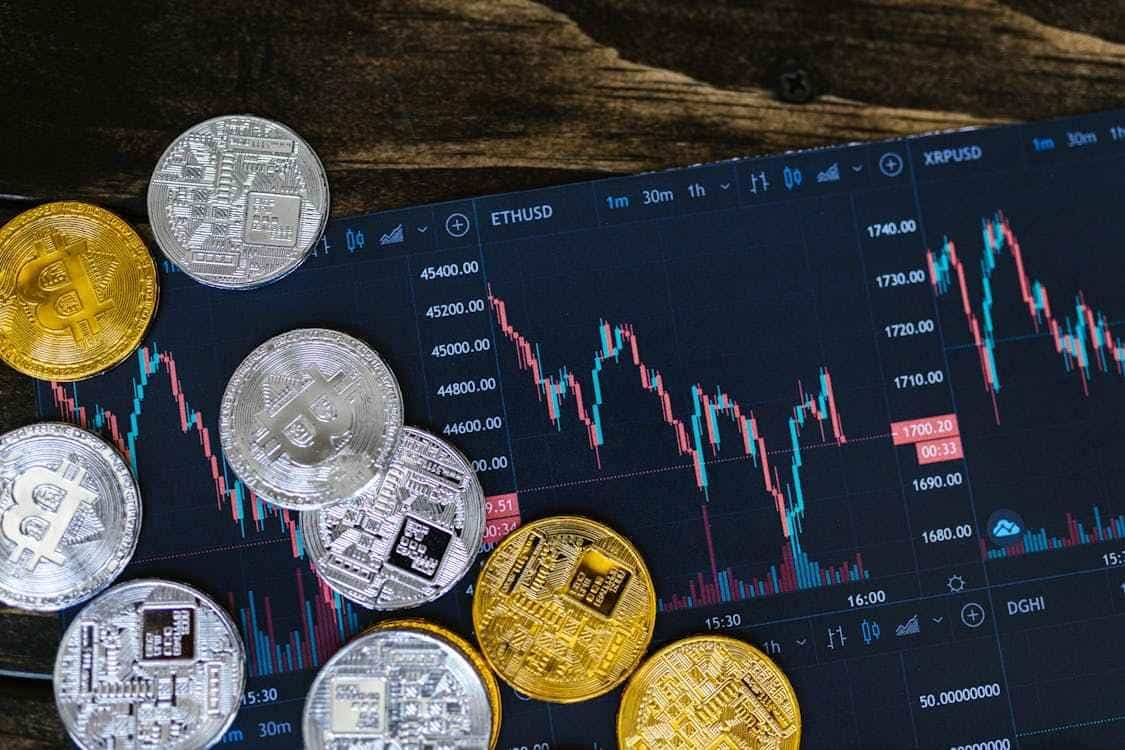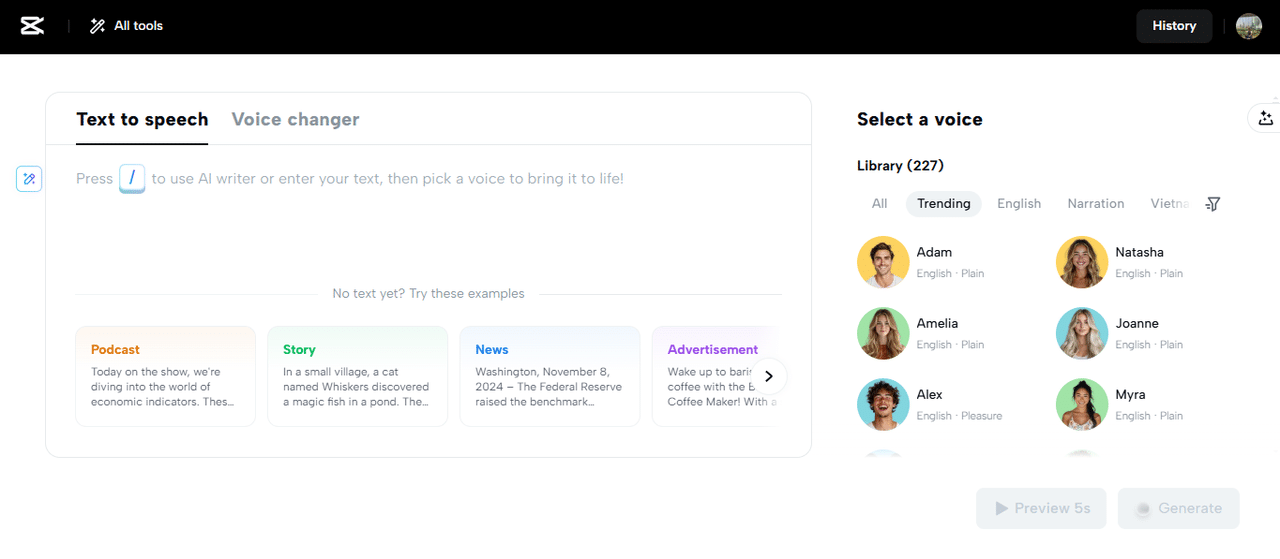
The concept of cryptocurrency regulations goes against all the asset class stands for, but it’s unarguable that it does come with some stability. There is a reason Binance and Coinbase have millions of users on their platforms and are ranked amongst the best ten, while a platform like dYdX with minimal KYC is ranked #141 on CoinGecko.
Regardless of which financial market it is, people love having adequate security when trading and when the person on the other end isn’t likely to run off with their funds. There are more advantages to the regulated crypto exchange system other than security, which we’ll discuss in this article.
Regulated vs Unregulated Crypto Exchange
Cryptocurrency exchanges form part of the bedrock of the market’s operations because they support and help traders quickly buy, sell, and trade their digital assets. These platforms have populated the market over the years. While some operate under a specific regulatory framework, others do not.
A good example of the former are options like Coinbase, Kraken, and KuCoin. These platforms are popularly called centralised Exchanges (CEXs), which comply with legal and financial regulations designed to enhance security, curb fraud, and ensure fair trading practices. These measures include Know Your Customer (KYC) and Anti-Money Laundering (AML) policies to prevent illegal activities.
They are under the jurisdiction of regulatory bodies like the Financial Conduct Authority (FCA) in the UK and the Securities and Exchange Commission (SEC) in the United States. On the other hand, unregulated exchanges sometimes negate customer protection. Some are called decentralised Exchanges (DEXs), Peer-to-peer exchanges (P2P), or offshore markets.
The primary characteristic of these systems is that they allow crypto trading without an intermediary. DEXs, for instance, operate through smart contracts and do not need a central authority. The difference is that these platforms are not subject to the exact regulatory requirements of CEXs.
Benefits of Trading on Regulated Crypto Exchanges

Enhanced Security and Protection
The first significant perk of using these platforms is that these regulatory bodies give strict measures to safeguard users’ funds and personal data. They also comply with government protocols and protect the customers. This is handy, considering how fraudulent the crypto market can be.
The value of reported crypto scams in the UK reached a record high of 306 million pounds by the end of 2023. Using a regulated crypto exchange could be one way to ensure you’re not part of the scam counts.
Legal Compliance and Consumer Protection
The regulatory practices imposed on these platforms ensure that exchanges follow legal compliance, such as AML and KYC practices. They identify every customer on the platform’s identity, preventing illegal acts like terrorist financing, tax evasion, money laundering, and other harmful vices.
Many find traditional exchanges a safer bet than a decentralised exchange, where anyone can use the platform without going through a KYC process. These practices are also followed with regular audits and other disclosures for better transparency.
Stability

Although the crypto market was created to evade regulatory systems, years of volatility and theft have shown the dark side of decentralisation. The argument is that some regulation could bring better balance to the system. There is some element of stability that comes with these platforms that unregulated exchanges cannot offer.
Many of these platforms have features that guarantee that even in hacks or bankruptcy, users can access their funds. In the UK, FCA-regulated exchanges must hold client funds separately to prevent loss if the company collapses. Traders can also be entitled to refund or compensation in other jurisdictions.
The reassurance that comes with this boosts investors’ sentiment. If investor sentiment is positive, the market tends to be more stable.
Easy Fiat Integration
Another significant advantage of these exchanges is the ease of integrating fiat currency transactions. Users can deposit or withdraw through bank transfers, credit cards, and other compliant financial services. The systems are easily interwoven, eliminating the complications the crypto market is famous for. DEXs usually don’t allow exchanges between fiat and crypto. Instead, they operate on exclusive crypto-crypto-based transactions.
Top Regulated Exchanges in the UK
Not all regulated exchanges are licensed to operate in the United Kingdom. Binance, for instance, was ordered by the FCA to stop all regulated activities in the country in 2021. Here are some popular options cleared to function in this jurisdiction:
- Kraken
- Coinbase
- Crypto.com
- Gemini
- OKX
- KuCoin
Choosing the Right Regulated Exchange
The options listed above are a great place to start, but it’s important to note that these platforms come with their specific pros and cons. When choosing, prioritise factors like regulatory oversight, licensing, insurance policies, and customer support. Everything that guarantees your fund’s safety and security should be first on the list. A lot could go wrong by choosing the wrong platform, so take measures to avoid such a mistake.




